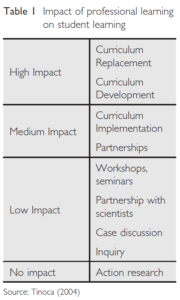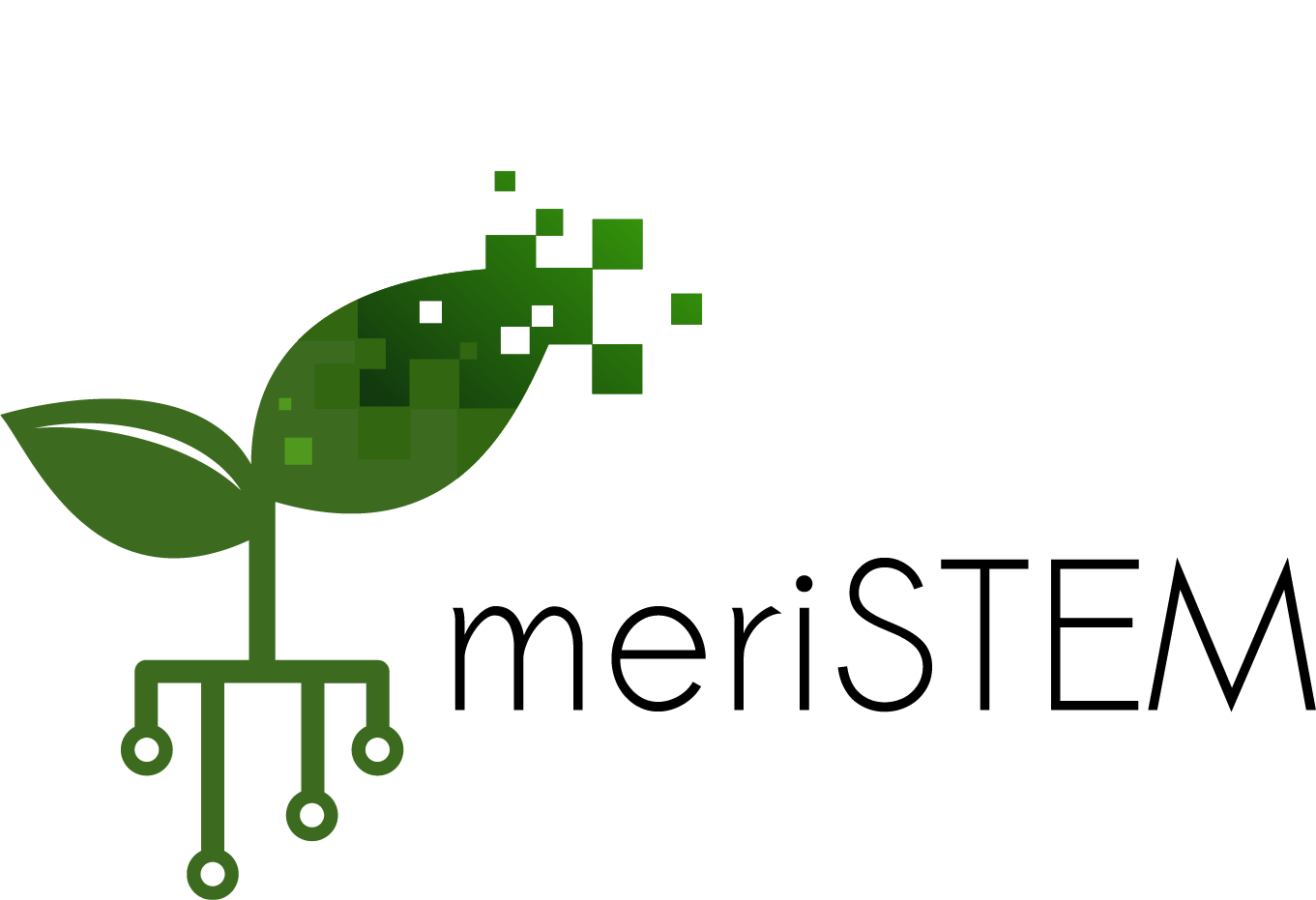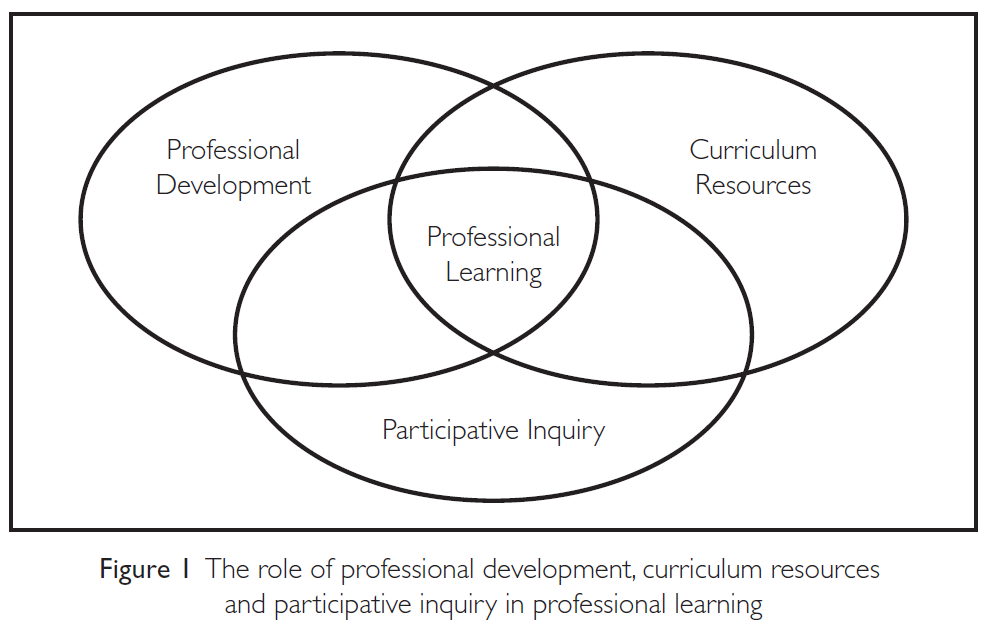Inquiry in science classrooms: Rhetoric or reality? (Goodrum, 2006)
summary
While there’s been plenty of talk about science inquiry learning for decades, there has been limited evidence of it eventuating*. A pilot program called the Collaborative Australian Secondary Science Program (CASSP) and a study into its impact on student learning paved the way for the Australian Academy of Science’s Science by Doing which began in 2007. This short conference paper describes how best to improve Australian science inquiry through educational interventions.
for meristem teachers
Traditional high-achieving learners are comfortable and very successful at memorising content, as is required for success in traditional assessment tasks. In this study, some students didn’t believe they were learning because the learning took a different form (see also Actively engaged students don’t realise how much they’re learning). A change in attitude and expectations is also required for students (as well as teachers and schools – see Why is the shift from teacher-centred to student-centred easier for some teachers? ) to succeed in non-traditional classrooms.
for meristem resources
Well-designed student resources can be a “powerful driver of teacher change”, because if time-poor teachers do nothing else, they are enabled to implement the changed practice. We are continually reviewing and improving our online and in-class resources and working to ‘brand’ them in a way that students and teachers may see they are all part of the meriSTEM strategy.
for meristem professional development
“The data showed that change occurred in teachers’ pedagogy when they were supported with an integrated program [of: 1. ] professional development and [2.] exemplar curriculum resources and [3.] used a collegial team problem solving approach.”

*There’s also the question of how to test for and measure science inquiry skills, more on this to come.
Goodrum, D. (2006) Inquiry in science classrooms – rhetoric or reality?. paper presented at the Australian Council for Educational Research conference 2006 – Boosting Science Learning – What will it take?

